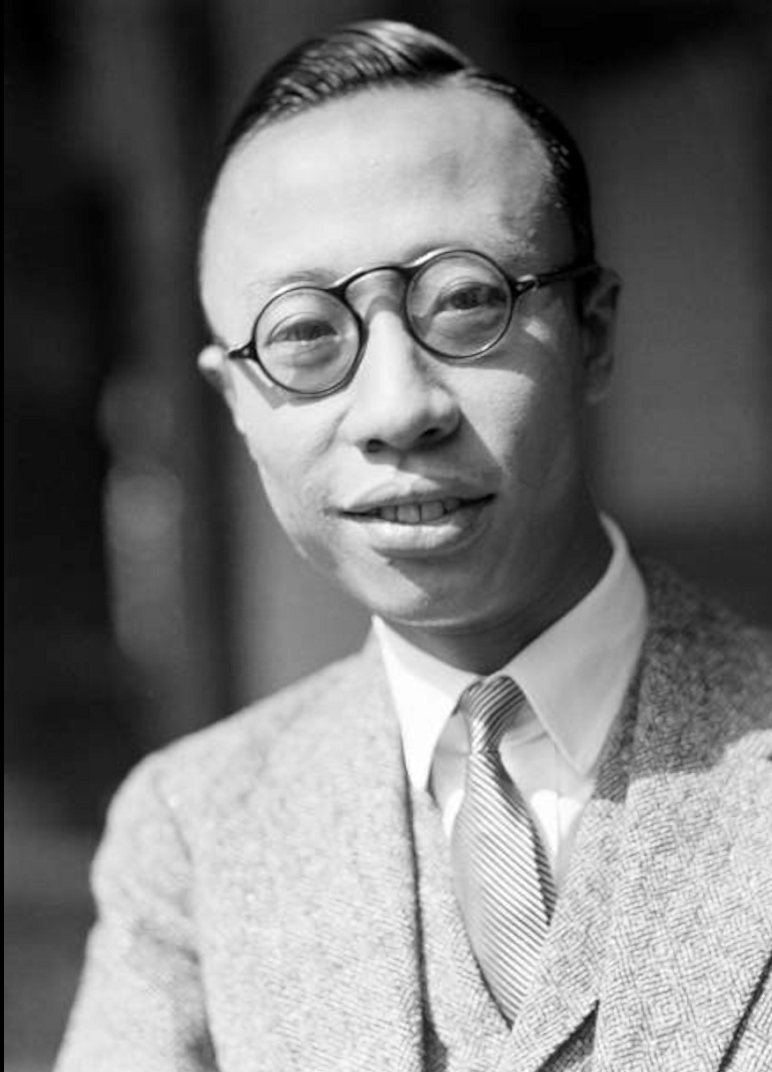(Created page with "{{Infobox person |name=Aisin-Gioro Puyi |native_name=愛新覺羅·溥儀 |birth_name=Aisin-Gioro Puyi (愛新覺羅·溥儀) |birth_date={{birth date and age|1906|2|7}} |birth_place=Prince Chun Mansion, Beijing, Qing Empire |death_date=October 17, 1967 |death_place=Peking Union Medical College Hospital, Beijing, People's Republic of China }} '''Aisin-Gioro Puyi''' was the last emperor of China as the eleventh and final Qing dynasty monarch. He becam...") |
No edit summary Tag: Visual edit |
||
| (3 intermediate revisions by one other user not shown) | |||
| Line 1: | Line 1: | ||
{{Infobox person | {{Infobox person | ||
|name=Aisin-Gioro Puyi | |name=Aisin-Gioro Puyi | ||
|native_name=愛新覺羅·溥儀 | |native_name=愛新覺羅·溥儀/爱新觉罗·溥仪(ài xīn jué luó·pǔ yí) | ||
|image=Puyi, the last Emperor of China.png | |||
|birth_name=Aisin-Gioro Puyi (愛新覺羅·溥儀) | |birth_name=Aisin-Gioro Puyi (愛新覺羅·溥儀) | ||
|birth_date={{birth date | |birth_date={{birth date|1906|2|7}} | ||
|birth_place=Prince Chun Mansion, [[Beijing]], [[Qing Empire]] | |birth_place=Prince Chun Mansion, [[Beijing]], [[Qing Empire]] | ||
|death_date= | |death_date={{death date and age|1967|10|17|1906|2|7}} | ||
|death_place=Peking Union Medical College Hospital, [[Beijing]], [[People's Republic of China]] | |death_place=Peking Union Medical College Hospital, [[Beijing]], [[People's Republic of China]] | ||
|death_cause=Kidney Cancer and Heart Disease<ref>{{News citation|title=Pu Yi, Last Emperor of China And a Puppet for Japan, Dies. Enthroned at 2, Turned Out at 6, He Was Later a Captive of Russians and Peking Reds. |url=https://select.nytimes.com/gst/abstract.html?res=FA0E10F93E5B107B93CBA8178BD95F438685F9 |quote=Henry Pu Yi, last Manchu emperor of China and Japan's puppet emperor of Manchukuo, died yesterday in Peking of complications resulting from cancer, a Japanese newspaper reported today. He was 61 years old. |newspaper=[[New York Times]] |date=19 October 1967 |access-date=2007-07-21 }}</ref> | |||
}} | }} | ||
'''Aisin-Gioro Puyi''' was the last emperor of China as the eleventh and final [[Qing dynasty]] monarch. He became emperor at the age of two in 1908, but was forced to abdicate on February 12, 1912 during the [[Xinhai Revolution]]. His era name as Qing emperor, Xuantong (Hsuan-tung, 宣統), means "proclamation of unity". He was later installed as the Emperor Kangde (康德) of the Japanese puppet state of [[Manchukuo]] during [[World War II]]. | '''Aisin-Gioro Puyi''' was the last emperor of China as the eleventh and final [[Qing dynasty]] monarch. He became emperor at the age of two in 1908, but was forced to abdicate on February 12, 1912 during the [[Xinhai Revolution]]. His era name as Qing emperor, Xuantong (Hsuan-tung, 宣統), means "proclamation of unity". He was later installed as the Emperor Kangde (康德) of the Japanese puppet state of [[Manchukuo]] during [[World War II]]. | ||
==References== | |||
<references /> | |||
Latest revision as of 10:17, 11 February 2023
Aisin-Gioro Puyi 愛新覺羅·溥儀/爱新觉罗·溥仪(ài xīn jué luó·pǔ yí) | |
|---|---|
 | |
| Born | Aisin-Gioro Puyi (愛新覺羅·溥儀) February 7, 1906 Prince Chun Mansion, Beijing, Qing Empire |
| Died | October 17, 1967 (aged 61) Peking Union Medical College Hospital, Beijing, People's Republic of China |
| Cause of death | Kidney Cancer and Heart Disease[1] |
Aisin-Gioro Puyi was the last emperor of China as the eleventh and final Qing dynasty monarch. He became emperor at the age of two in 1908, but was forced to abdicate on February 12, 1912 during the Xinhai Revolution. His era name as Qing emperor, Xuantong (Hsuan-tung, 宣統), means "proclamation of unity". He was later installed as the Emperor Kangde (康德) of the Japanese puppet state of Manchukuo during World War II.
References
- ↑ “Henry Pu Yi, last Manchu emperor of China and Japan's puppet emperor of Manchukuo, died yesterday in Peking of complications resulting from cancer, a Japanese newspaper reported today. He was 61 years old.”
"Pu Yi, Last Emperor of China And a Puppet for Japan, Dies. Enthroned at 2, Turned Out at 6, He Was Later a Captive of Russians and Peking Reds." (19 October 1967). New York Times.